H.R. 4207: No WHO Pandemic Preparedness Treaty Without Senate Approval Act
This bill, titled the "No WHO Pandemic Preparedness Treaty Without Senate Approval Act," proposes that any international agreement related to pandemic prevention, preparedness, and response reached by the World Health Assembly (WHA) must be approved by the U.S. Senate. Here are the main points of the bill:
Key Provisions
- Requirement for Senate Approval: Any convention, agreement, or international instrument dealing with pandemic issues that is negotiated by the World Health Organization (WHO) will be considered a treaty. This means it must undergo the Senate's ratification process, which requires approval from two-thirds of Senators.
- Congressional Findings: The bill outlines specific concerns about WHO's handling of past pandemics, particularly the COVID-19 pandemic. This includes perceived delays in communication regarding outbreaks and concerns over its independence from certain countries.
- Public Skepticism: The bill highlights a significant mistrust among the American public towards WHO, which influences Congressional sentiment for requiring Senate involvement in any future agreements.
- Policy on Taiwan: It states that the U.S. supports Taiwan’s full participation in the WHO.
Background Context
The bill references the history of U.S. involvement with WHO, including decisions made by previous administrations regarding contributions and participation. It notes that significant public concern exists about WHO's management during the COVID-19 pandemic, influencing the desire for stricter oversight of any future agreements.
Furthermore, it recognizes that the factors outlined in a specific U.S. Foreign Affairs Manual suggest that agreements related to pandemic preparedness should be treated as treaties given their wide-reaching implications for the nation. These include aspects such as national commitments, legal impacts on state laws, and the need for legislative action by Congress.
Sense of Congress
The bill articulates that:
- A lack of public trust in WHO necessitates a rigorous review process for any agreements they propose.
- Future agreements must garner significant bipartisan support to be considered viable.
Final Points
In summary, the legislation aims to ensure that any international agreements made through WHO concerning pandemics are subject to a higher level of scrutiny and approval from the U.S. Senate, reflecting both historical concerns and a desire for greater congressional control over international treaties related to public health.
Relevant Companies
None found
This is an AI-generated summary of the bill text. There may be mistakes.
Sponsors
13 bill sponsors
-
TrackThomas P. Tiffany
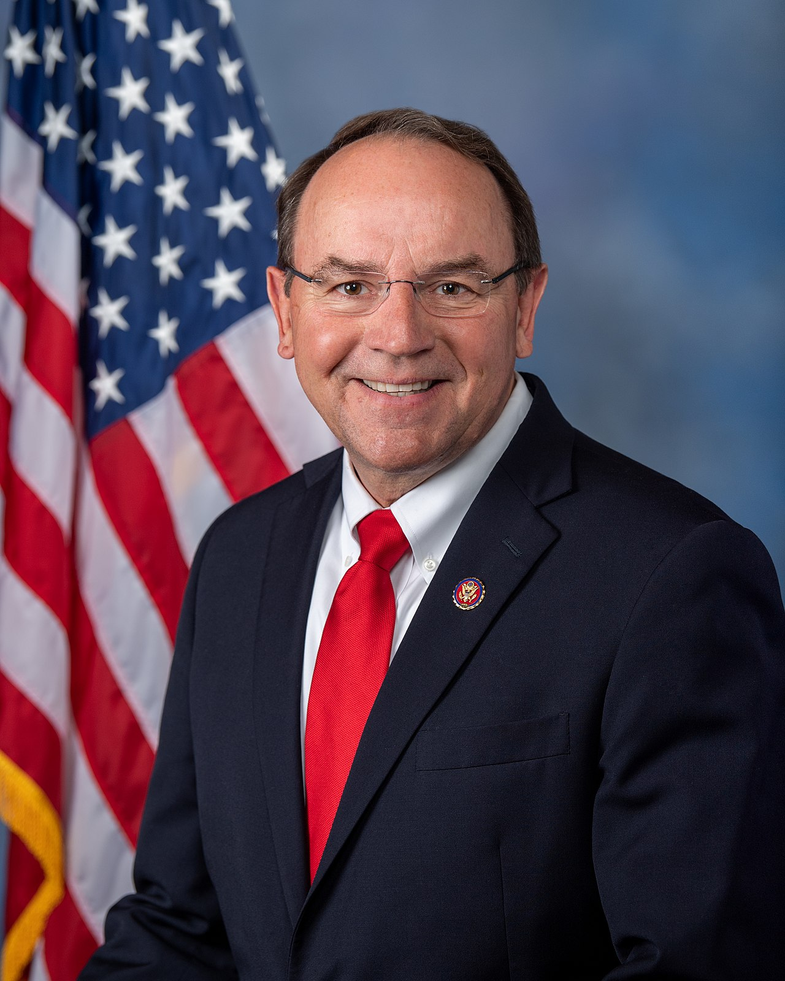
Sponsor
-
TrackMichael Cloud
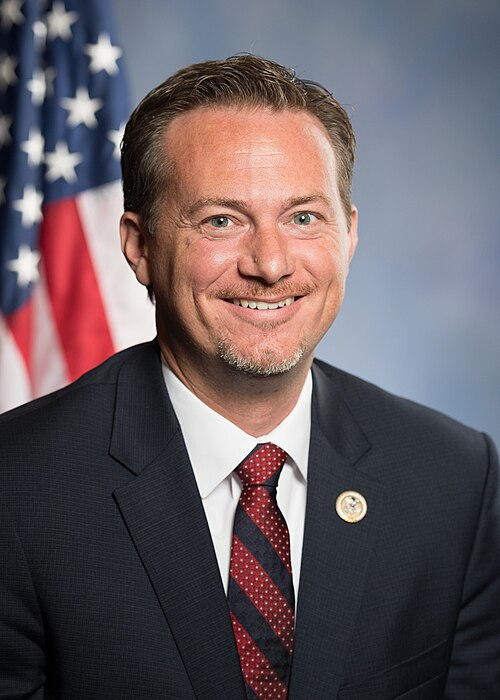
Co-Sponsor
-
TrackElijah Crane
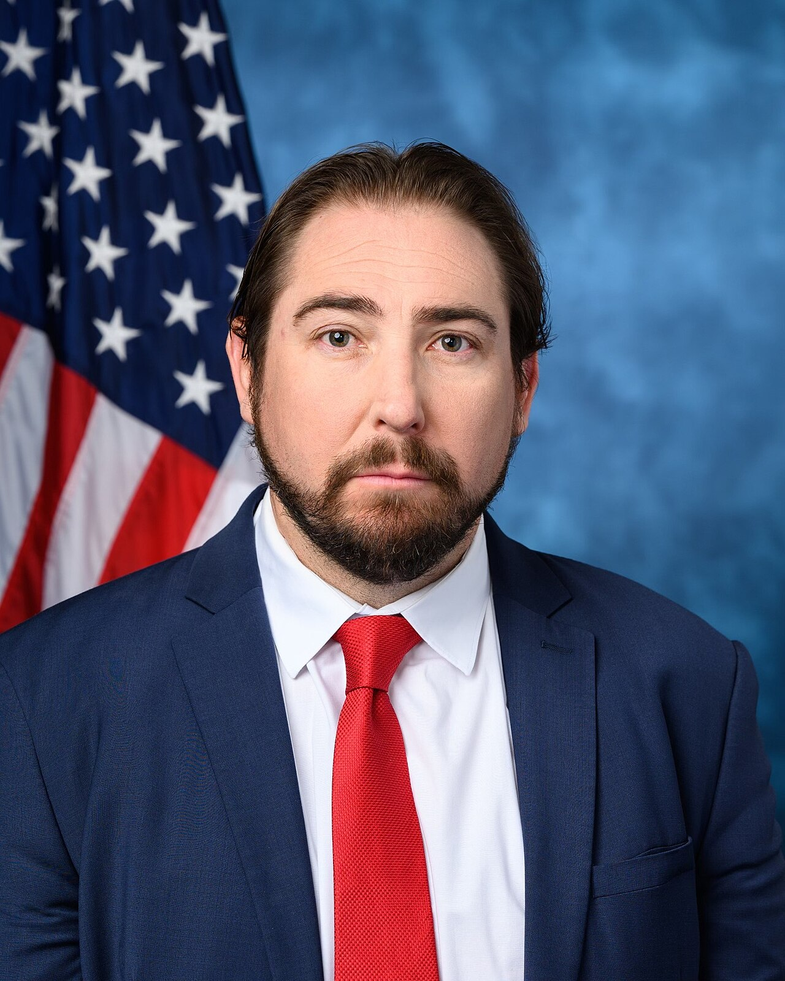
Co-Sponsor
-
TrackDan Crenshaw

Co-Sponsor
-
TrackPaul A. Gosar

Co-Sponsor
-
TrackMichael Guest
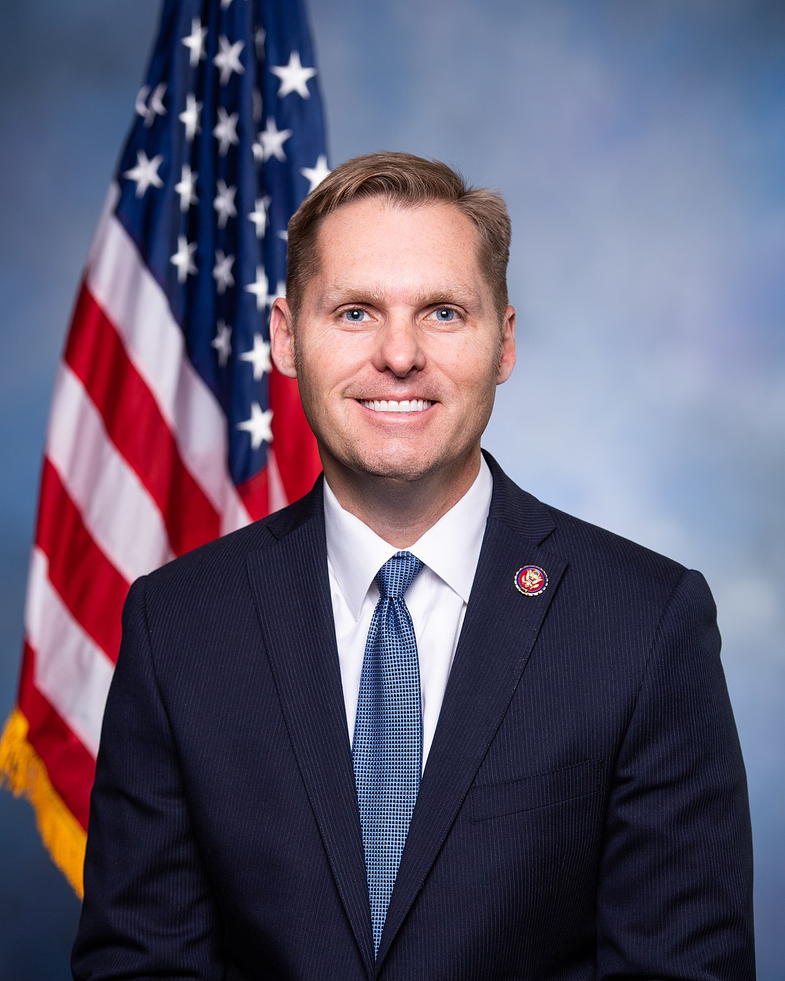
Co-Sponsor
-
TrackHarriet M. Hageman
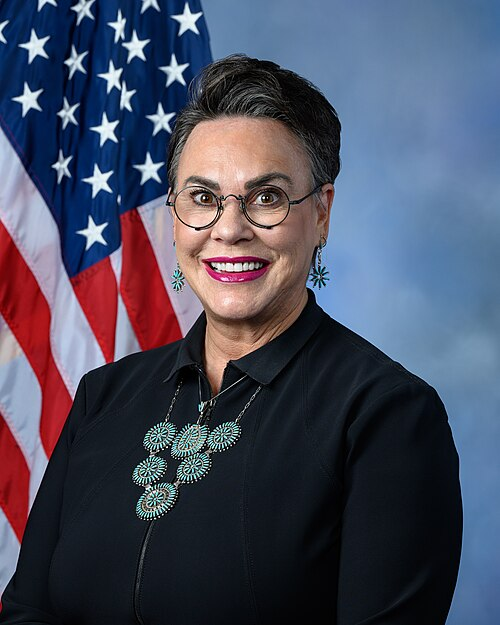
Co-Sponsor
-
TrackMary E. Miller
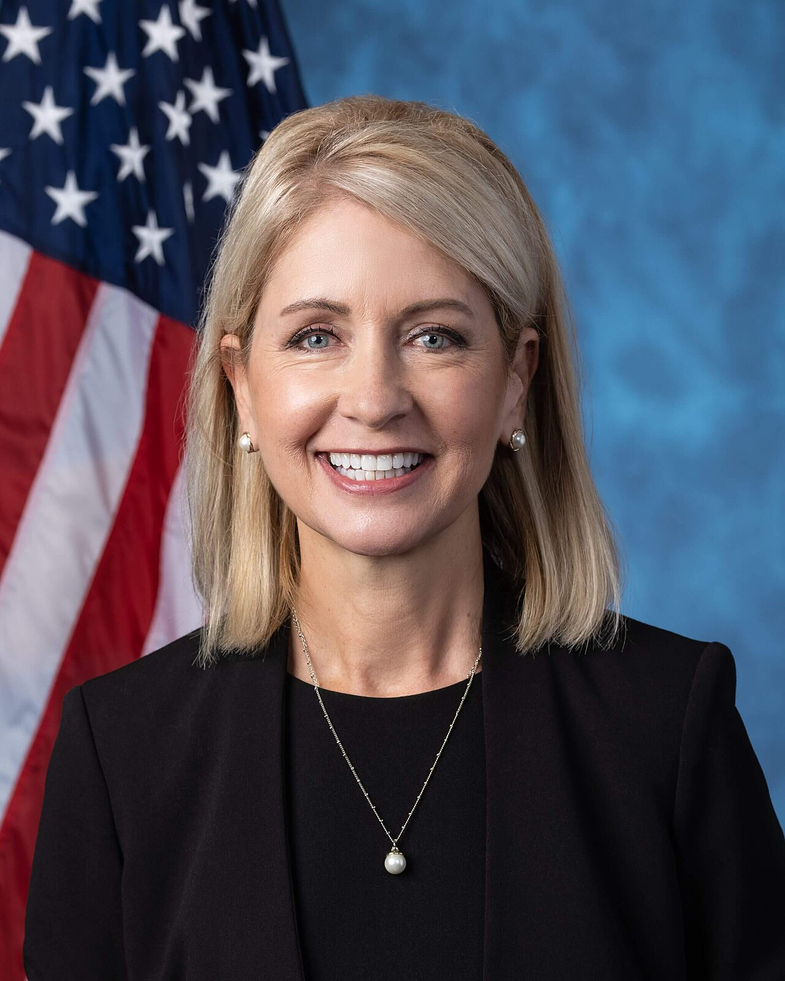
Co-Sponsor
-
TrackJohn R. Moolenaar

Co-Sponsor
-
TrackRalph Norman
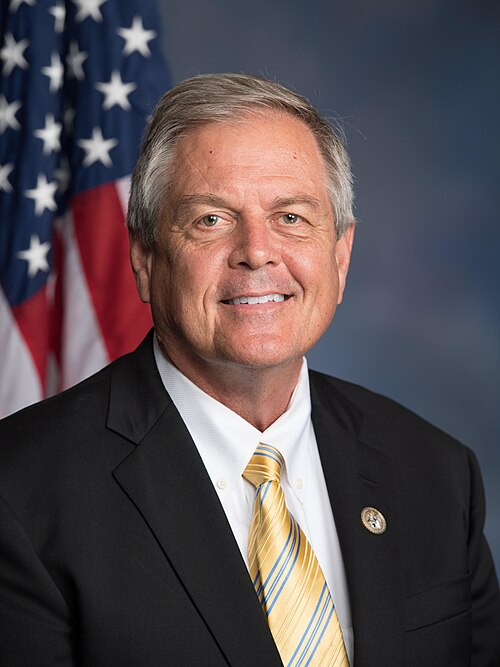
Co-Sponsor
-
TrackPete Stauber

Co-Sponsor
-
TrackClaudia Tenney
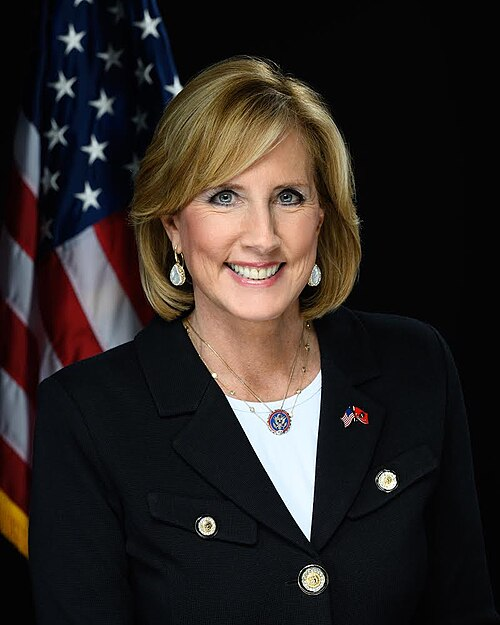
Co-Sponsor
-
TrackTony Wied
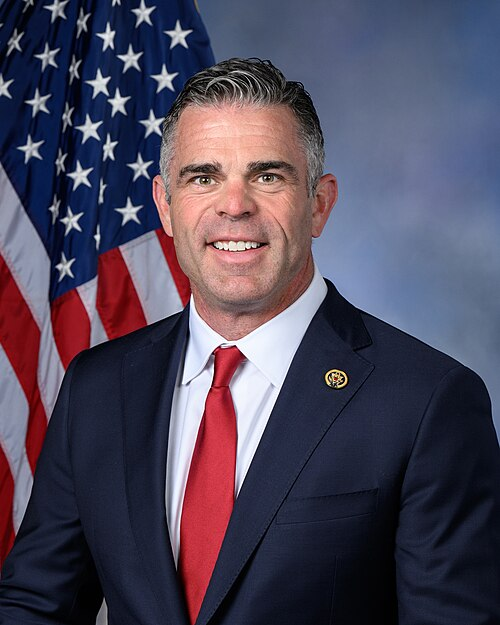
Co-Sponsor
Actions
2 actions
| Date | Action |
|---|---|
| Jun. 26, 2025 | Introduced in House |
| Jun. 26, 2025 | Referred to the House Committee on Foreign Affairs. |
Corporate Lobbying
0 companies lobbying
None found.
* Note that there can be significant delays in lobbying disclosures, and our data may be incomplete.
Potentially Relevant Congressional Stock Trades
No relevant congressional stock trades found.